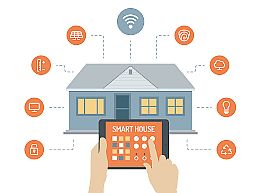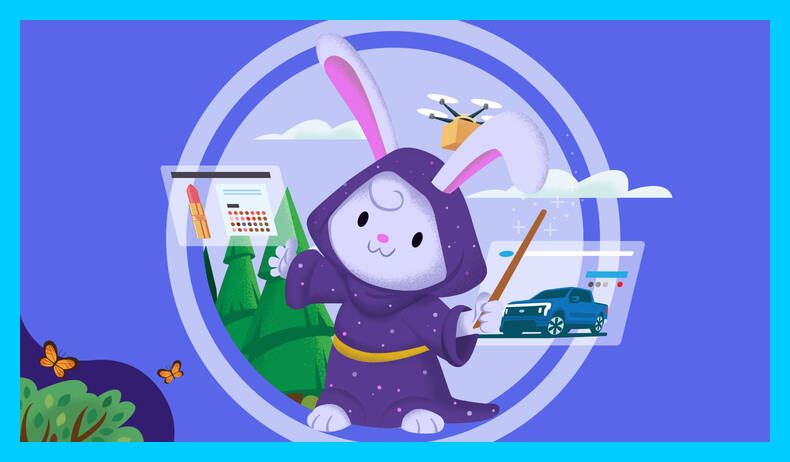API Ecosystems Will Transform the Connected Home Into a Programmable Platform
Mumbai, 21 June, 2016 — Consumers will increasingly use digital personal assistants to interact with consumer services in the connected home, according to Gartner, Inc. Gartner predicts that, by 2019, in at least 25 percent of households in developed economies, the digital assistants on smartphones and other devices will serve as the primary interface to connected home services.
“In the not-too-distant future, users will no longer have to contend with multiple apps; instead, they will literally talk to digital personal assistants such as Apple’s Siri, Amazon’s Alexa or Google Assistant,” said Mark O’Neill, research director at Gartner. “Some of these personal assistants are cloud-based and already beginning to leverage smart machine technology.”
Digital personal assistants show the potential to satisfy wants and needs by delivering experiences that connect services, configure devices and even order and deliver products. Personalized, context-aware information can also be presented as it is wanted or needed — for example, suggestions for restaurants near planned meetings, or recommended temperature settings for the home to optimize energy consumption and comfort in line with the weather.
“Consumers don’t want to deal with separate proprietary apps for each type of connected device in their home,” said Mr. O’Neill. “Rather than individual apps, it is the interactions between devices — as well as with service providers and external data sources — that are most compelling to consumers. These interactions make it possible to create, detect and respond to ‘business moments,’ which Gartner defines as transient opportunities that are exploited dynamically using digital technology.”
As we move into a postapp world, where devices and services from multiple sources can be blended together for access via digital personal assistants, application programming interfaces (APIs) are the key to this integration. As more providers and devices become available, different ecosystems will form around each large tech provider as they recruit allies, build partnerships and attract developers in the quest for leadership in the connected home. This change will enable individual industries to use the connected home as a new business channel for their services. For example, insurance companies may provide guidance in the context of weather and thermostat information and banks could use voice interfaces to help customers manage their finances and pay their bills.
“APIs are the key to interoperating with new digital interfaces and a well-managed API program is a key success factor for organizations that are interested in reaching consumers in their connected homes,” said Mr. O’Neill. “In the emerging programmable home, it is no longer best to spend time and money on developing individual apps. Instead, divert resources to APIs, which are the way to embrace the postapp world.”
Additional information is available to Gartner clients in the report “The Connected Home Is Transforming Into a Programmable Platform.” This report is part of the Gartner Special Report “The Connected Home: Impacts on CIOs and Business Leaders,” a collection of research that focuses on how the growth of the connected home and the Internet of Things will impact enterprises.
PRESS RELEASE









